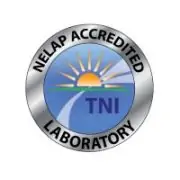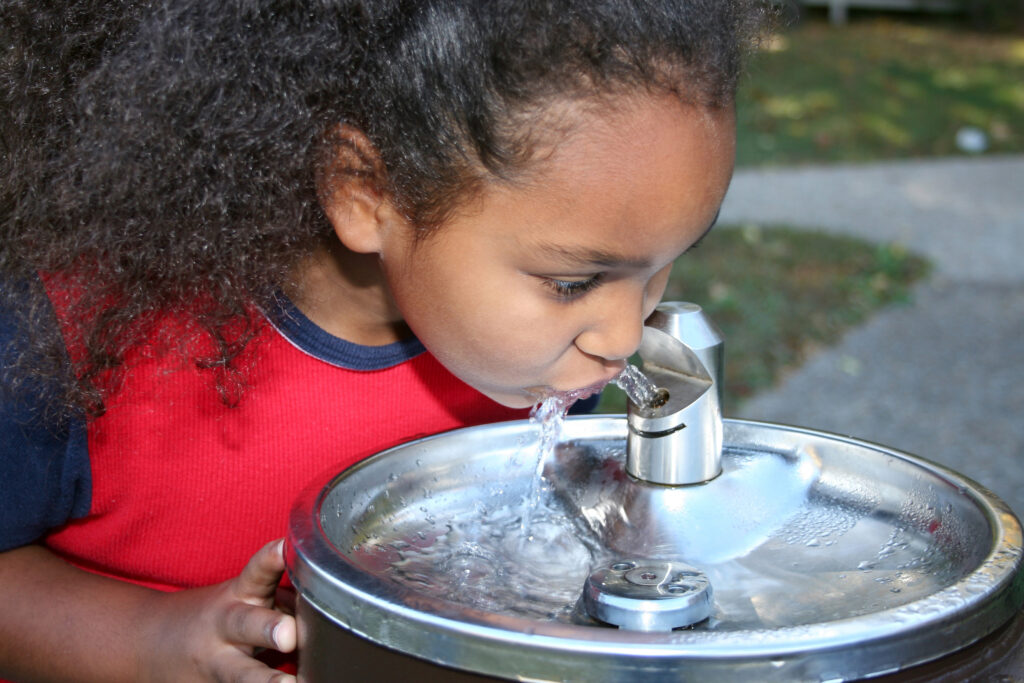Comprehensive Soil Testing Services
Teklab is a leading environmental testing laboratory offering a wide range of soil testing services in compliance with key environmental regulations, including pre- and post-treatment standards, RCRA, TACO, UST/LUST, and TCLP. Our soil analysis services are utilized by consultants, landfills, municipalities, industries, and state and federal government agencies.
The Importance of Soil Testing for Environmental Health
Soil testing plays a crucial role in environmental management and sustainable land use. Here are some key reasons why soil testing is important:
Below is a list of compound MDLs (Method Detection Limits) and PQLs (Practical Quantitation Limits). Please note that these lists and limits are subject to change.




